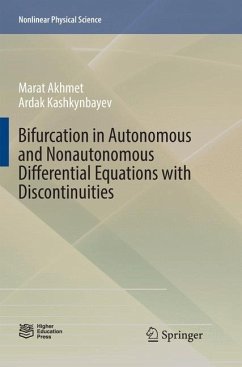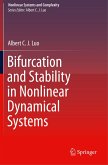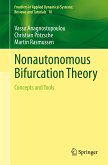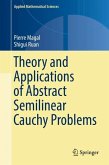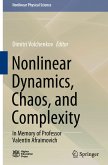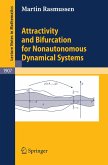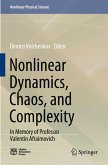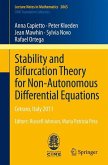This book focuses on bifurcation theory for autonomous and nonautonomous differential equations with discontinuities of different types - those with jumps present either in the right-hand side, or in trajectories or in the arguments of solutions of equations. The results obtained can be applied to various fields, such as neural networks, brain dynamics, mechanical systems, weather phenomena and population dynamics. Developing bifurcation theory for various types of differential equations, the book is pioneering in the field. It presents the latest results and provides a practical guide to applying the theory to differential equations with various types of discontinuity. Moreover, it offers new ways to analyze nonautonomous bifurcation scenarios in these equations. As such, it shows undergraduate and graduate students how bifurcation theory can be developed not only for discrete and continuous systems, but also for those that combine these systems in very different ways. At the same time, it offers specialists several powerful instruments developed for the theory of discontinuous dynamical systems with variable moments of impact, differential equations with piecewise constant arguments of generalized type and Filippov systems.
"The book under review deals with bifurcation theory for discontinuous dynamical systems. ... This book is also appropriate for a graduate course on the subject of discontinuous differential equations. A vast list of references is presented." (Ronaldo Alves Garcia, Mathematical Reviews, January, 2018)

